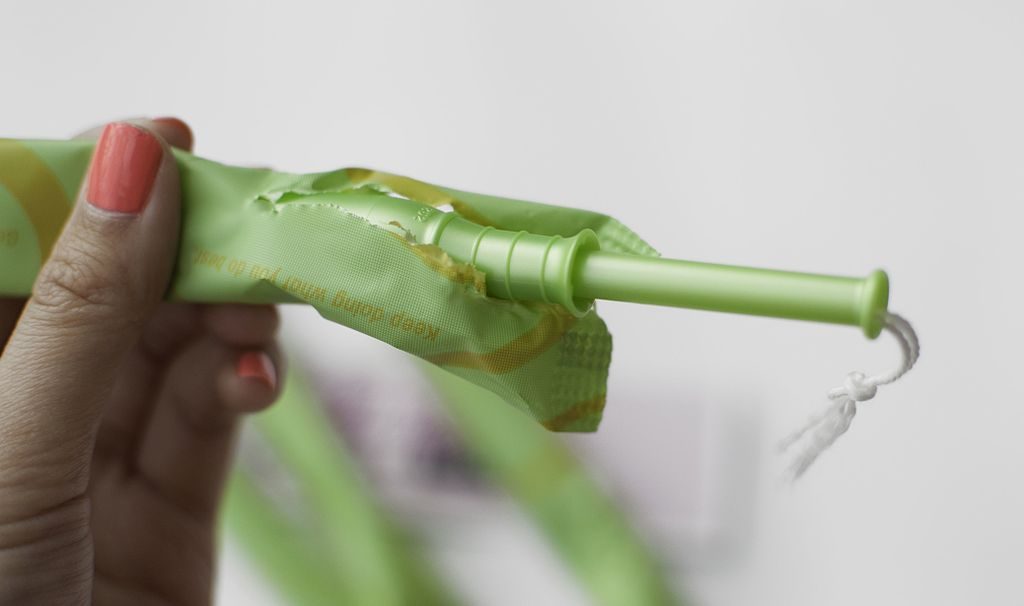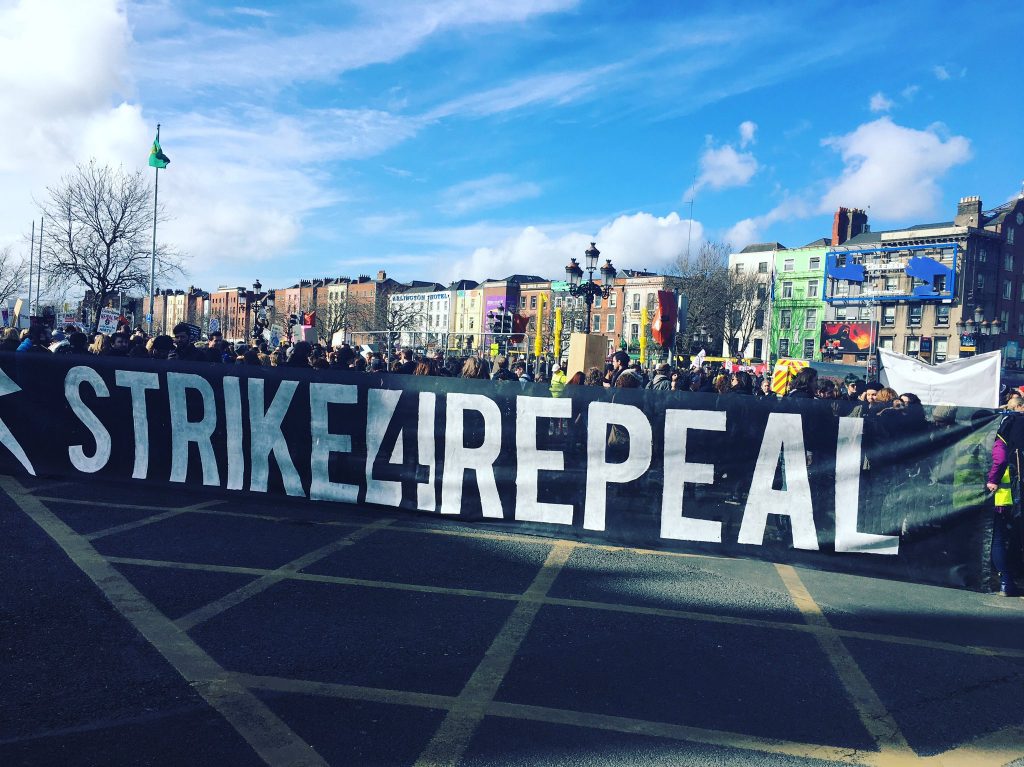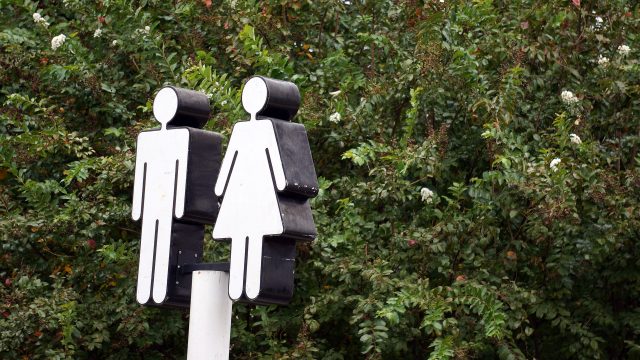If you live in the UK, you don’t pay any tax when you buy a packet of Jaffa Cakes. Buy a box of tampons or sanitary towels, however, and you’re hit with a tax rate of five percent.
It’s an issue which has caused much controversy in recent years, with the Government failing to deliver on a proposal to cut the tax altogether, and then pledging to spend the proceeds of the tax on donations to women’s charities. The matter has now come back under the spotlight following the revelation that £250,000 of the £12 million fund for women’s charities was gifted to anti-abortion charity, Life.
What Do Tampons have to do with Human Rights?

Some people believe that the tax is incompatible with our human rights.
In 2015, the UN General Assembly adopted a resolution that recognised the human right to water and the human right to sanitation as two distinct rights. As well as highlighting the importance of sanitation for women, the resolution states that people should have:
Physical and affordable access to sanitation, in all spheres of life, that is safe, hygienic, secure, and socially and culturally acceptable and that provides privacy and ensures dignity.
However, many organisations report that women are sometimes forced to choose between buying food and purchasing sanitary products.
A recent report also found that British school children are missing classes because their families can’t afford sanitary products for them. As well as undermining these girls’ right not to be subjected to degrading treatment under Article 3 of the Convention on Human Rights, this interferes with their Right to Education.
And What About Where the Money Goes?
A further issue is where the money from the current tampon tax ends up. After the Government failed to negotiate taxes down on sanitary products, George Osborne pledged that all funds from the tax would go to women’s charities.
About 70 charities across the country currently benefit from the scheme, including organisations such as Refuge and Plan International UK. Another charity on the list is Life. The charity provides support for women who find themselves pregnant in ‘difficult situations’, and encourages them to continue the pregnancy. A mission statement on their website says:
We won’t give up until those facing difficult pregnancies can choose life and abortion is a thing of the past. To create a just society which has the utmost respect for all human life from fertilisation. We believe that opposition to abortion has to go hand-in-hand with the provision of alternatives.
The Reaction to the Funding Decision
The decision to fund Life has attracted criticism from both politicians and other women’s charities.
Are you enraged by the tampon tax ie a woman? @stellacreasy has come up with a brilliant action plan: https://t.co/3kucth5Ndd
— Caitlin Moran (@caitlinmoran) 3 April 2017
Speaking to BBC Radio 4’s Today Programme, Ann Furedi, Chief Executive of the British Pregnancy Advice Service (BPAS) criticised Life for referring to abortion as the “death penalty” in cases of rape. She added:
When a woman comes to us and says that she wants to have the child, we help her and direct her. When a woman goes to Life and says that she wants to have an abortion, she is given a whole number of reasons why she shouldn’t.
Anne Scanlan, speaking on behalf of Life, said it was beyond her comprehension that people were objecting to the funding: “We’ve been helping women for forty-five years. And we really do help some of the most vulnerable women in our society.” She insisted that while the charity was ideologically opposed to abortion, “ideology is nothing to do with this”.
Abortion and Human Rights
 Image: Nicola Duffy / Twitter
Image: Nicola Duffy / Twitter
Abortion is a complex and emotive issue involving our human rights.
There is no right to an abortion in the UK. Instead, abortion is allowed in certain circumstances set out in The Abortion Act 1967.
Although Article 8 of the Convention on Human Rights, the right to privacy and family life, doesn’t provide a right to abortion, it has been used in abortion cases. For example, in the case of A, B and C v Ireland the Court held that the Republic of Ireland had breached Article 8 by making it difficult for a woman to establish whether she qualified for a legal abortion.
There has been some debate as to whether Article 2 of the Convention, which protects the right to life, applies to the unborn child. The law, however, is clear: foetuses are not protected by the Convention on Human Rights, or in the common law of England and Wales.
Women cannot be forced to accept treatment which is said to be in the unborn child’s interest, and abortion is compatible with the law.
Want to know more about this kind of stuff?
- Read our explainer and see our video on how human rights continue to help gender equality today
- See these profiles of some amazing people doing great things for women’s and girls rights
- Take a look back at some of the women’s rights victories of the last year







